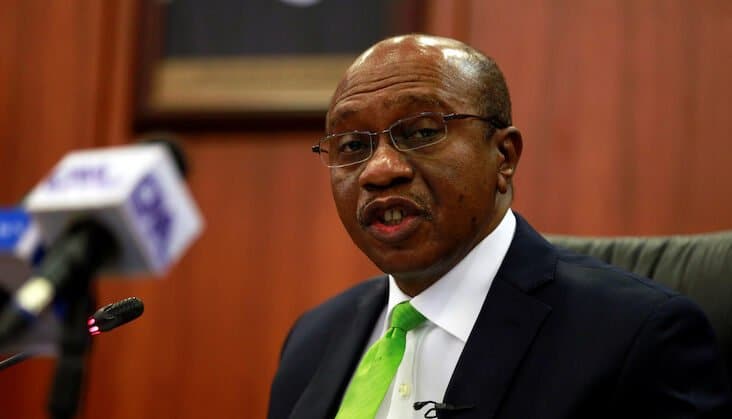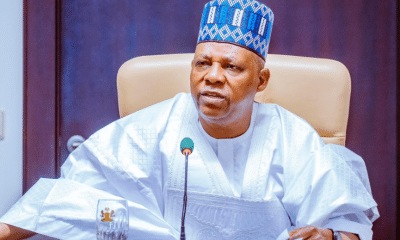Nigeria News
Old Naira Notes: House Of Representatives Rejects CBN Extension

The ad hoc committee on the new naira redesign and naira swap policy of the House of Representatives rejected the extension of the deadline for the exchange of old naira notes.
Naija News had earlier reported that the Governor of the Central Bank of Nigeria (CBN), Godwin Emefiele on Sunday announced that the deadline has been extended by ten days.
Recall that the apex bank had fixed the 31st of January as the deadline for the exchange of the old naira notes; N200, N500 and N1000.
Emefiele, however, on Sunday said President Muhammadu Buhari gave permission for the deadline to be extended to February 10.
The ad-hoc committee chaired by the leader of the House, Alhassan Ado Doguwa in reaction to the development rejected the extension, insisting that the CBN must comply with sections 20 sub 3, 4, and 5 of the CBN act.
The House on Tuesday constituted the ad hoc committee to look into the deadline set by CBN.
Doguwa said, “The 10-day extension for the exchange of the old naira notes is not the solution: We as a legislative committee with a constitutional mandate of the house, would only accept clear compliance with section 20 sub 3, 4, and 5 of the CBN act and nothing more.
“Nigeria as a developing economy and a nascent democracy must respect the principle of the rule of law. And the House would go ahead to sign arrest warrant to compel the CBN Governor to appear before the Adhoc committee.”
According to Doguwa, the committee would continue its work until it gets the demands of Nigerians addressed in accordance with the laws of the land.
He described the extension by the apex bank as a mere political gimmick to further deceive Nigerians and worsen their economic and social livelihood.
Doguwa said the CBN governor must appear before or stand the risk of being arrested on the strength of legislative writs signed by the Speaker, Femi Gbajabiamila.
He also said the policy is capable of frustrating the forthcoming general elections.
Doguwa added, “Security agencies and their operations especially at the states level are generally funded through cash advances and direct table payments of allowances to operatives during elections.”












